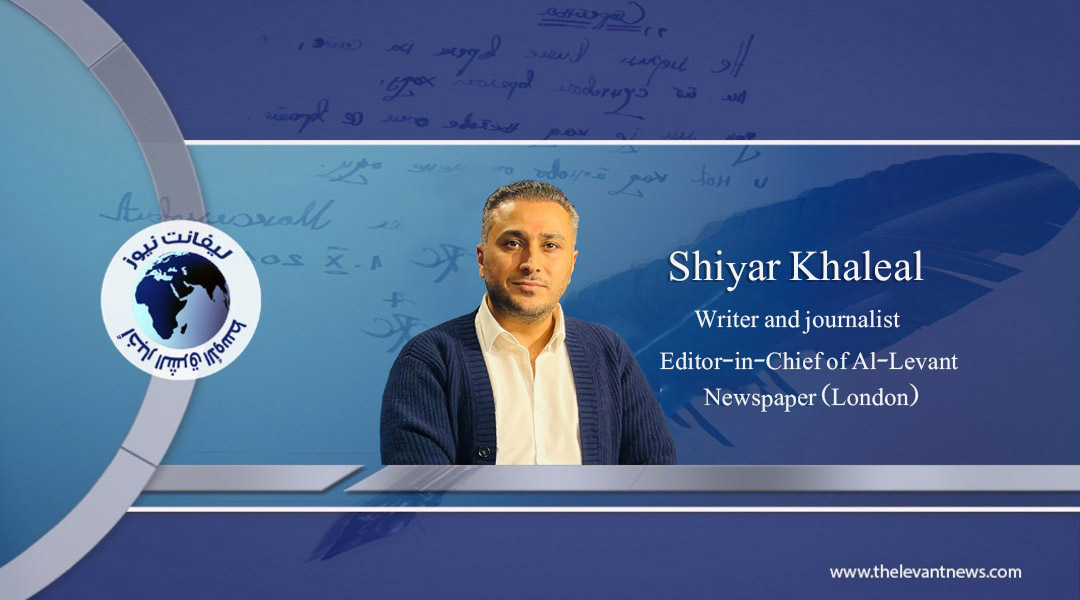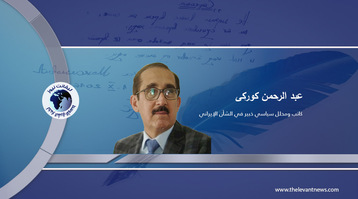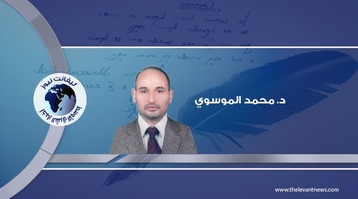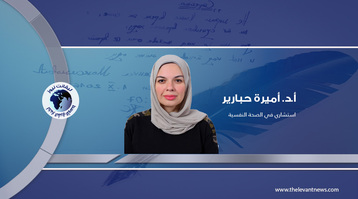-
Political Clubs and Civil Gatherings: Syria's Hope for Reconstruction and Change

In Syria, which has suffered for decades from political repression and tyranny, the need for more civil political spaces is more urgent than ever. These spaces are not merely places for gathering or discussion; they are essential tools for reshaping societal awareness and building democratic frameworks that contribute to shaping the country's future. Political clubs and civil gatherings represent platforms for expressing opinions and promoting community dialogue, serving as the true guarantors of the change that Syrians have long sought since the outbreak of the revolution. However, given the current circumstances and accumulated challenges, how can these spaces provide a practical solution for rebuilding Syria? How can international actors recognize their value and support them as part of the transitional process?
For decades, the Syrian regime has practiced systematic repression against any independent civil or political activity, resulting in a near-total absence of civil society as a significant actor in political life. Politics has become a complete monopoly of the regime and its security apparatuses. With the outbreak of the Syrian revolution, Syrians took to the streets demanding change, but the lack of experience in political action and civil organization hindered the establishment of cohesive alternatives to the current authority. Here, the importance of political clubs and civil gatherings emerges as tools to compensate for this deficiency and build community capacities capable of leading the upcoming phase. These spaces are not a luxury or intellectual indulgence; they are a necessity for building political awareness that solidifies the values of pluralism and democracy and empowers citizens to understand and demand their rights.
Perhaps the experience of the "Jamal Al-Atasi" club in Syria is one of the most prominent examples of political clubs that sought to bring about peaceful change in the country, yet faced the regime’s repression. The club initially served as a platform for political discussion, where intellectuals and activists from various currents gathered to discuss major national issues and the aspirations of the Syrian people for democracy. Although the club's activities were completely peaceful and focused on intellectual dialogue, the regime could not tolerate an independent voice calling for reform. The regime began to harass its members and closed the club's headquarters, ultimately leading to the arrest of many of its prominent activists. The fate of the Jamal Al-Atasi club stood as clear evidence that the Syrian regime would not allow any political or civil space outside its control.
Political clubs can serve as small democratic laboratories where individuals learn skills of dialogue, negotiation, and collective planning. These skills are not merely theoretical tools; they are the cornerstone for building a genuine democratic system. In today’s Syria, where the democratic culture has been absent due to decades of tyranny, these clubs can be a starting point for reconstructing this culture from the ground up. Moreover, these spaces provide a platform for interaction among various components of Syrian society, enhancing national unity and mitigating the sectarian and ethnic divisions fueled by war.
The importance of these spaces is not limited to the internal situation in Syria; it also extends to serving as a bridge for communication with international actors. As international powers seek ways to support Syria during its transitional phase, these clubs can be effective local partners that express the people's aspirations and provide realistic visions based on their true needs. Supporting these spaces means building a strong civil society capable of monitoring the actions of the transitional government and holding it accountable, ensuring that the democratic transition process is credible and inclusive.
However, the challenges facing the establishment of these spaces in Syria cannot be ignored. The deep-rooted fear of repression and retaliation makes many Syrians hesitant to engage in civil or political activities. Additionally, the Syrian community suffers from political fragmentation and deep divisions that complicate efforts to unify towards common goals. A lack of funding also poses a significant barrier, as these initiatives need sustainable resources to ensure their continuation and effectiveness, and the absence of basic infrastructure in many Syrian areas further complicates the task.
Yet, these challenges are not insurmountable. If a comprehensive approach is adopted, involving cooperation between local civil society and international entities, many of these obstacles can be overcome. International actors can play a vital role in supporting these spaces by providing the necessary funding to implement training programs aimed at building citizens' political capacities. They can also support local organizations that possess the experience and knowledge of the Syrian context, ensuring that these spaces are rooted in local reality and not merely imported projects.
Furthermore, international actors must recognize the importance of these spaces as tools for participation in the upcoming transitional government. Instead of relying solely on traditional political or ideological elites, these spaces can provide a channel for communication with the grassroots, giving the transitional process a more inclusive and legitimate character with the participation of all Syrian patriots. Political clubs can also serve as platforms for raising and discussing core issues such as constitutional drafting, restructuring state institutions, and ensuring human rights. These issues cannot be effectively addressed without broad community participation, which these spaces provide.
It is also essential for these spaces to be inclusive and representative of all components of Syrian society. The participation of women and youth in these spaces is not optional; it is a prerequisite .
BY: Shiyar khaleal
You May Also Like
Popular Posts
Caricature
Syrians' concerns now
- December 10, 2024
Syrians' concerns now #Syria
#Bashar_al-Assad
#Liberation_of_Syria
#Syrians
#Future_of_Syria
#Levant_News

opinion
Report
ads
Newsletter
Subscribe to our mailing list to get the new updates!



















